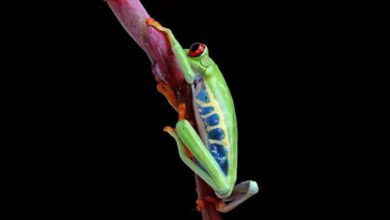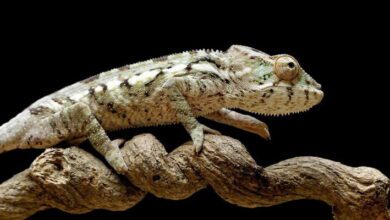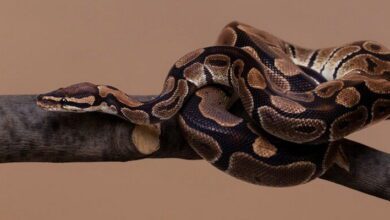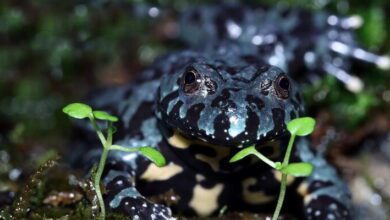Reptile and Amphibian Ecology MCQs with Answers

Welcome to the Reptile and Amphibian Ecology MCQs with Answers. In this post, we have shared Reptile and Amphibian Ecology Online Test for different competitive exams. Find practice Reptile and Amphibian Ecology Practice Questions with answers in Biology Tests exams here. Each question offers a chance to enhance your knowledge regarding Reptile and Amphibian Ecology.
| Ecological studies of reptiles and amphibians are concerned with the interaction of such animals with their environment, with emphasis on their roles in ecosystems and various factors influencing their distribution and behavior. Reptiles and amphibians have any possible habitat; there are forests, wetlands, deserts, and grasslands. Land is the main habitat of reptiles, consisting of snakes and lizards, whereas amphibia, for example, frogs and salamanders, mainly require aquatic habitats where they might reproduce and develop. This kind of habitat selection generally depends on their bioclimatic and nutritional requirements. Both of them have undergone some different kinds of adaptation to survive in their habitats. Reptiles are mainly ectothermic; that is, they could regulate their body temperature by the external sources of heat. The above one is energy-efficient. A reptile has some tough and scaly skin through which water loss gets limited. They adapt well to arid habitats. Amphibians have permeable skin for gas exchange and absorption of moisture but are losing habitat to desiccation. Reptiles and amphibians are classified into unique trophic levels in an ecosystem. While most reptiles are carnivorous, feeding on insects, small mammals, or even other reptiles, others, for example, are herbivorous. Amphibians mainly feed on insects and other small invertebrates, which positions them in both predator and prey roles within food webs. They exist within ecosystems to control pests while causing nutrient cycling. Conservation and Threats Major critical conservation pressures that threaten both reptiles and amphibians include habitat destruction, climate change, pollution, and disease. So sensitive to environmental change that the ecosystems of amphibians are bioindicators of ecological health, their habitat must therefore be preserved to enable survival of these groups in their most diversified forms in ensuring ecological balance. |
Reptile and Amphibian Ecology Online Quiz
By presenting 3 options to choose from, Reptile and Amphibian Ecology Quiz which cover a wide range of topics and levels of difficulty, making them adaptable to various learning objectives and preferences. You will have to read all the given answers of Reptile and Amphibian Ecology Questions and Answers and click over the correct answer.
- Test Name: Reptile and Amphibian Ecology MCQ Quiz Practice
- Type: Quiz Test
- Total Questions: 40
- Total Marks: 40
- Time: 40 minutes
Note: Answer of the questions will change randomly each time you start the test. Practice each quiz test at least 3 times if you want to secure High Marks. Once you are finished, click the View Results button. If any answer looks wrong to you in Quizzes. simply click on question and comment below that question. so that we can update the answer in the quiz section.
Download Certificate of Quiz Reptile and Amphibian Ecology
On the end of Quiz, you can download the certificate of the quiz if you got more than 70% marks. Add a certificate to your job application or social profile (like LinkedIn) and get more job offers.
Download Reptile and Amphibian Ecology MCQs with Answers Free PDF
You can also download 100 Reptile and Amphibian Ecology Questions with Answers free PDF from the link provided below. To Download file in PDF click on the arrow sign at the top right corner.
If you are interested to enhance your knowledge regarding English, Physics, Chemistry, Computer, and Biology please click on the link of each category, you will be redirected to dedicated website for each category.




